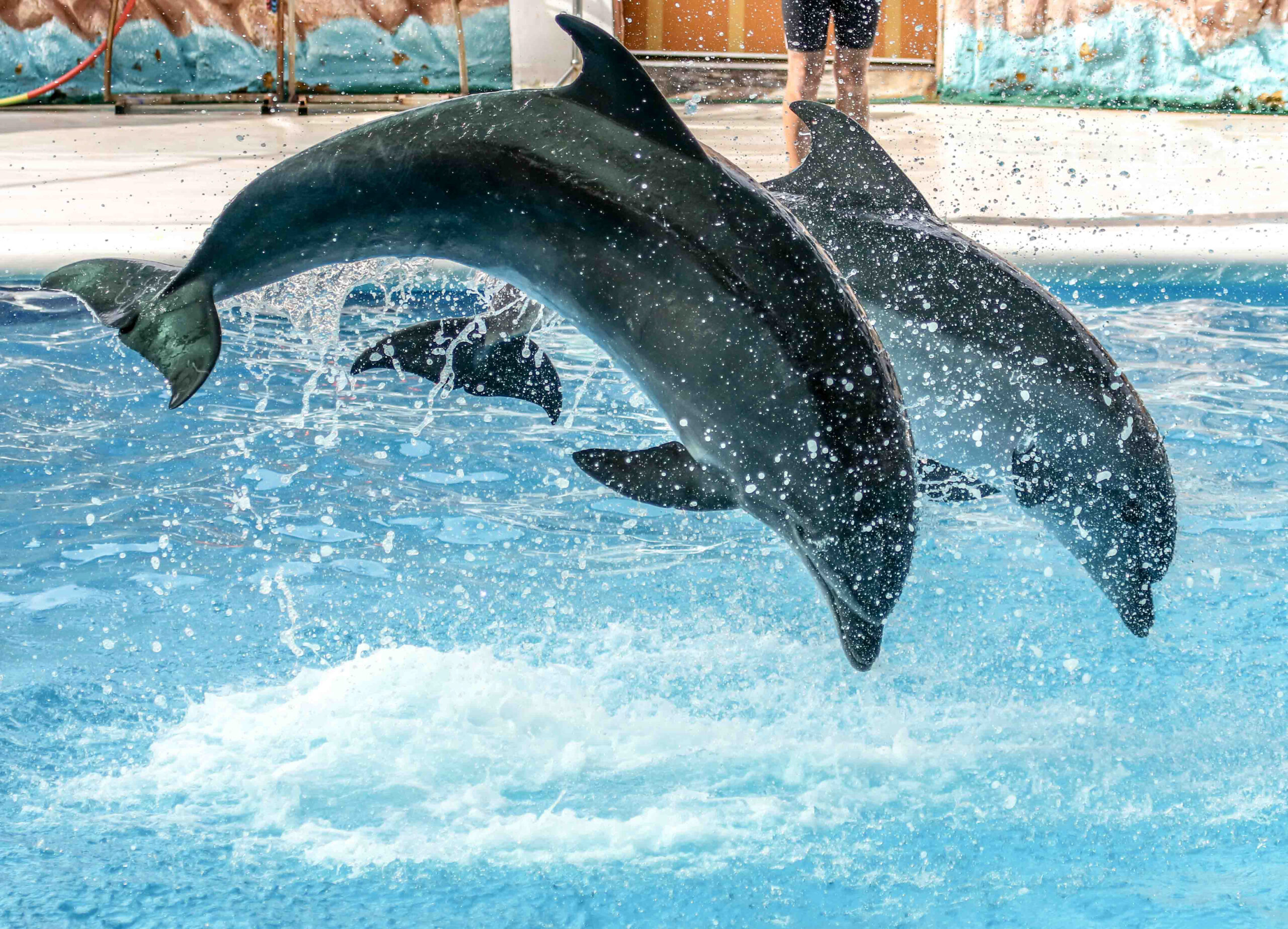Dolphins SUFFER in Filthy Tanks – 4 DEAD

Dolphins at a bankrupt Florida theme park are swimming in filthy water with eyes “jammed shut” as officials scramble to address deteriorating conditions that have already led to mysterious deaths.
At a Glance
- Gulf World in Panama City Beach is operating despite its parent company, The Dolphin Company, declaring bankruptcy
- Dolphins are swimming in their own waste due to malfunctioning filtration systems, causing eye and health problems
- Four dolphins have died under mysterious circumstances within six months
- Local, state, and federal authorities have conducted multiple raids, finding unsafe conditions
- Animal welfare advocates are calling for immediate intervention to rehome the dolphins
Deteriorating Conditions Threaten Dolphin Health
The dolphins at Gulf World marine park in Panama City Beach, Florida, are facing a serious welfare crisis as the facility continues to operate despite bankruptcy proceedings against its parent company. According to reports, the park’s filtration systems have been malfunctioning since November 2023, forcing dolphins to swim in murky water contaminated with their own waste.
The poor water quality has caused the dolphins to swim with their eyes “jammed shut” due to irritation from algae growth and contaminants, significantly impairing their vision and ability to navigate their enclosures.
Particularly alarming is the report that four dolphins have died under mysterious circumstances within a six-month period. In one tragic incident, a dolphin reportedly misjudged a jump due to poor water visibility, highlighting the immediate dangers posed by the deteriorating conditions. The ongoing situation has raised serious concerns about compliance with federal animal welfare regulations and marine mammal protection laws.
Government Intervention and Inspections
Multiple government agencies have stepped in to address the crisis at Gulf World. The facility has been raided by authorities including the Florida Department of Environmental Protection and the US Department of Agriculture, which discovered numerous safety violations during their inspections. Officials documented rusty sea lion pools, cracked concrete structures, and insufficient shade for the dolphins—all conditions that violate basic animal welfare standards required for accredited marine mammal facilities.
In response to these findings, the city of Panama City Beach issued an abatement letter demanding immediate repairs and threatening further action if conditions are not improved promptly. Despite these interventions, campaigners report that the park continues to operate and sell tickets to visitors, who may be unaware of the serious welfare issues affecting the marine mammals.
Legal Protections for Captive Marine Mammals
The situation at Gulf World highlights the broader legal framework governing marine mammal captivity in the United States. Several federal laws are designed to protect these animals, including the Marine Mammal Protection Act (MMPA), which establishes a moratorium on taking and exhibiting marine mammals with exceptions for properly licensed public display facilities. The Animal Welfare Act further requires USDA licensing and compliance with specific regulations for the care and exhibition of cetaceans.
Under the MMPA, marine mammals are recognized as species that “are, or may be, in danger of extinction or depletion as a result of man’s activities.” This legal protection should theoretically prevent situations like the one unfolding at Gulf World, but enforcement challenges and bankruptcy proceedings have complicated the regulatory response, leaving the dolphins in a precarious situation.
Calls for Action and Rehoming
Animal welfare advocates, particularly the campaign group Tidebreakers, are calling for immediate intervention to rehome the dolphins to facilities that can provide proper care. “Despite Gulf World’s owners filing for bankruptcy, and two consecutive raids by local, state and federal authorities, the park remains open,” Tidebreakers representatives have stated, expressing frustration at the slow pace of official response to the crisis.
The concept of marine mammal sanctuaries may offer a potential solution, providing environments that more closely resemble natural habitats while addressing welfare concerns. However, experts caution that the transfer and rehabilitation of long-term captive dolphins present significant challenges. The case highlights the ethical dilemmas associated with marine mammal captivity for entertainment and underscores the need for more rigorous oversight of such facilities, particularly when they face financial difficulties that compromise animal care.












